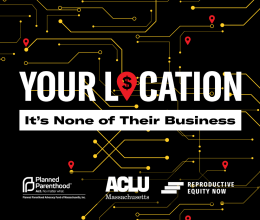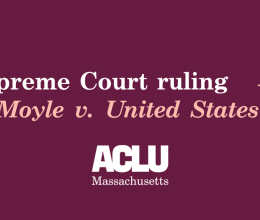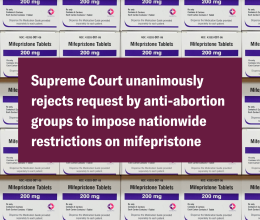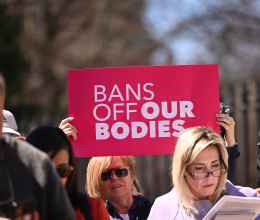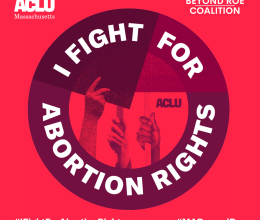
No one should ever be denied health care because their employer or university’s religious views are prioritized over their medical needs.
On October 6, 2017, the Trump administration issued two sets of rules allowing employers and schools to opt out of providing contraception coverage to their employees and students based on religious or moral beliefs. The new regulations violate our constitutional rights by allowing discrimination against people seeking reproductive health care.
Contraceptive access is a critical tool to achieve gender equity in education and employment, and that the rules put in place barriers to equal participation that the Affordable Care Act’s contraception mandate was designed to remove. The historical movement toward greater equality for women and racial minorities has been accompanied by a growing rejection of religious justifications for discrimination in the marketplace.
The very same day that the regulations were issued, the Massachusetts Attorney General (AGO) filed a lawsuit in Massachusetts. The American Civil Liberties Union of Massachusetts and cooperating attorneys at Sugarman, Rogers, Barshak & Cohen submitted an amicus (friend of the court) brief in support of the AGO’s motion, on behalf of the ACLU of Massachusetts, Planned Parenthood, and NARAL. The brief argues that the new policies are all about one thing: discrimination against women, pure and simple.
The District Court dismissed the case in March 2018. Shortly after, the Attorney General appealed to the First Circuit. The ACLU and ACLU of Massachusetts, along with the Anti-Defamation League, the Leadership Conference on Civil and Human Rights, NARAL Pro-Choice Massachusetts, and the National Urban League filed an amicus brief supporting the Commonwealth of Massachusetts and reversal of the District Court's decision.
BACKGROUND:
Previously, people seeking contraceptive coverage could rely on insurance to pick up the tab if their employer or school wouldn’t cover it because of religious objections. The Trump administration’s new rules dramatically – and unconstitutionally – changed this system in two ways. First, if a business, school, or non-profit applies this new exemption, their insurance will not cover contraception either, leaving their employees and students without any contraception coverage. Second, the new rules apply to both religious and “moral” objections to contraception.
